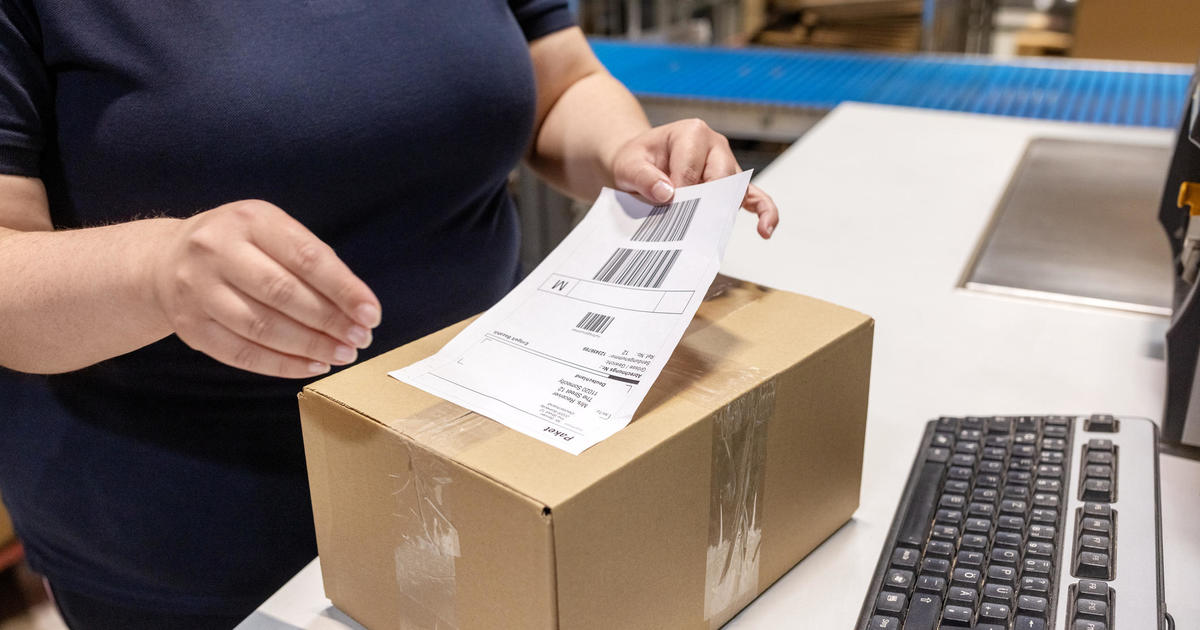Some retailers are telling consumers not to bother sending back goods they want to return for a refund because of how costly processing, repackaging and trying to resell merchandise can be. Instead they’re saying keep it, and we’ll refund you anyway.
For example, if you ordered an inexpensive yoga mat or kitchen spatula for a few dollars from a large online retailer that wasn’t what you expected, they may give you your money back without bothering to collect the goods.
Fifty-nine percent of companies said they offer “keep it” services for returns that aren’t worth collecting, according to goTRG, a returns logistics company
Of those retailers, 27% deemed items priced up to $20 as eligible for their keep-it policy.
Indeed, for businesses, the expenses associated with accepting the return of a product can sometimes exceed an item’s resale value.
“It can be as expensive as 75% of the value of the unit, or 100% or above,” goTRG CEO Sender Shamiss, told CBS MoneyWatch. “Shipping costs eats up huge amount of the value of the good, so companies determine what it costs to take product back and if they’re underwater they say, ‘Keep it.'”
Boils down to cost of shipping
Amazon.com is among the large online retailers that occasionally offer so-called returnless refunds.
“We offer this on a small number of returns as a convenience and to help keep prices low for customers,” Amazon Spokesperson Maria Boschetti told CBS MoneyWatch.
Some of the costs associated with accepting returns include carefully inspecting items to determine if they can be resold as new. Sometimes, when they’re not in resale condition, they’re donated to charity.
In addition, home decor and furniture purveyor Wayfair and pet food company Chewy.com have similar policies in place, according to goTRG. Experts say that from an economics standpoint, keep-it policies make sense for companies that ship items that are heavy or bulky and therefore expensive to ship.
“It comes down to the price of the item, its size and bulkiness and the cost of the shipping,” said Adam Pressman, partner and managing director in the retail practice at AlixPartners, a consulting firm. “In general terms, people have tried to return big bags of dog food to online pet companies and they say, ‘Don’t worry about making the return, we’ll give you our money back,'” Pressman said.
Strict measures against fraud
Most companies that offer these policies have sophisticated algorithms that they use to determine if a customer is acting in good faith and likely to be loyal to the brand to deter shoppers from taking advantage of keep-it options, according to Shamiss of goTRG.
“They take into account how long the customer been with them, how many purchases they have refunded to determine if it’s an account that could defraud them,” he said.
Amazon employs strict measures to ensure customers who simply don’t want to pay for low-cost items don’t take advantage of its keep-it policy.
“We take fraud very seriously and when bad actors attempt to evade our controls; we take action and work with law enforcement to hold them accountable,” Boschetti added.
Additionally, retailers typically refrain from advertising returnless refund policies, so as not to encourage reckless consumer behavior.
“We don’t expect to see the stated policy as of right now,” Pressman said. “It’s more something at the company’s discretion to meet the right economics and experience.”















































